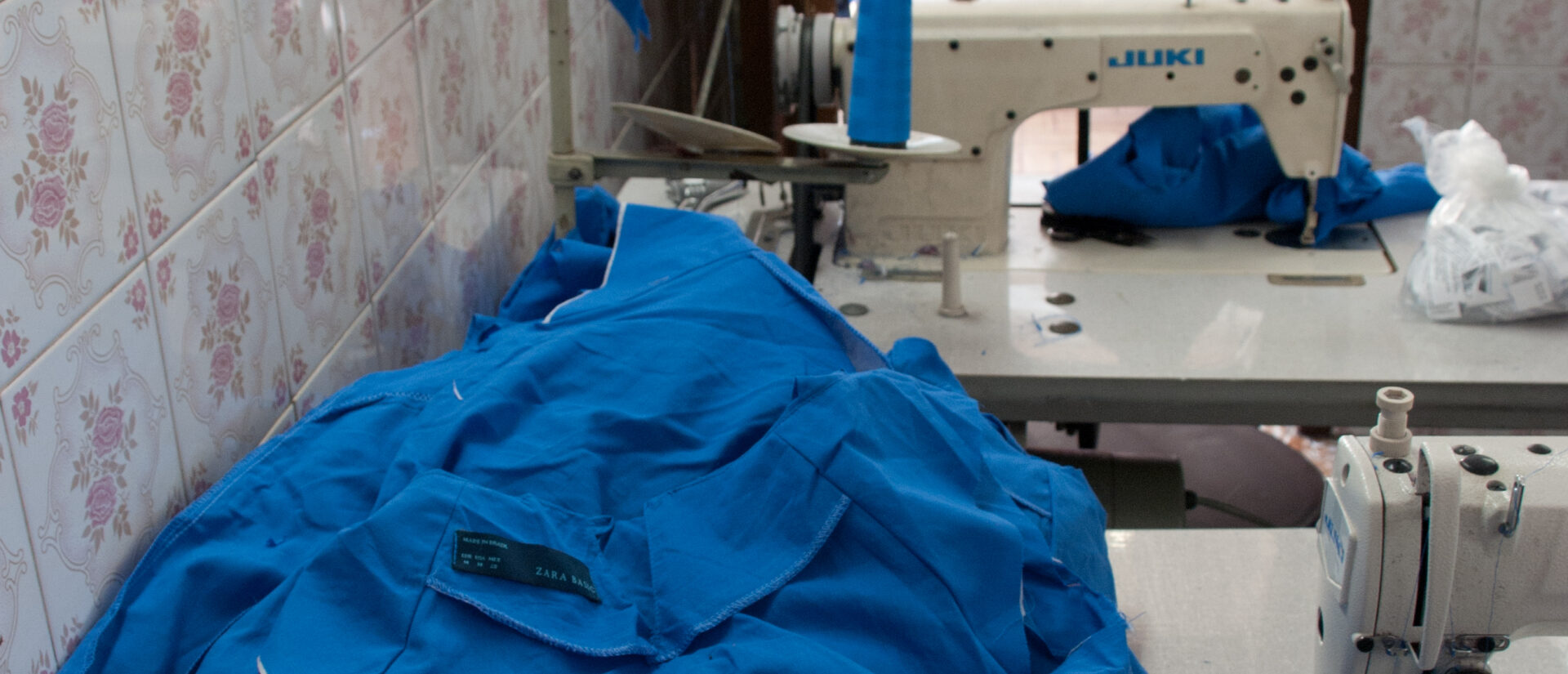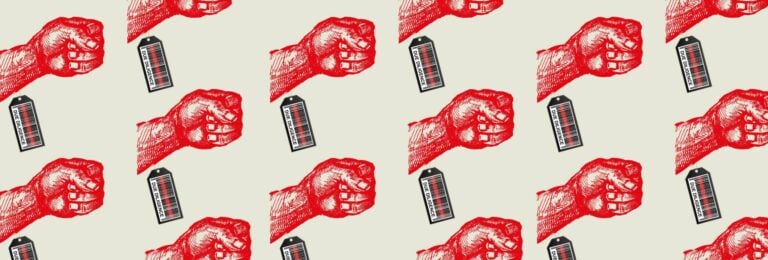
Fashion brand Zara once again associated with Brazilian labour rights abuses
Zara does not have sufficient oversight of its supply chain. New findings of the Brazilian labour inspection, released by Repórter Brasil today, describe numerous labour rights violations in the company’s supply chain. A research report by SOMO and Repórter Brasil also released today reaches the same conclusion.
In 2011, Brazilian inspectors found cases of modern-day slavery in Zara’s supply chain. After the scandal, Zara promised improvements by monitoring its supply chain more closely. The new inspection findings and the research report reveal that Zara is not living up to the agreements made with the Brazilian authorities at that time. In addition, the research report exposes Zara’s dodgy legal strategy to avoid liability for Brazilian labour rights abuses.
From moral responsibility to legal liability?
Zara is one of the brands of Inditex, the world’s largest clothing retailer measured in number of stores. The company’s popularity stems from its unique ability to deliver the latest catwalk trends to its shops at affordable prices and at record speed. This is achieved not just by managing its own factories, but also by means of a large network of suppliers spread across several countries, who must be able to work fast and flexibly. To meet tight deadlines and to be able to complete unanticipated orders, manufacturers may subcontract certain production processes or even shift complete orders to other factories and workplaces, often without informing the buyer. This way of working has spawned an obscure supply chain which was revealed by Brazilian inspectors in 2011. They discovered that orders from Zara ended up at illegal workshops, where undocumented immigrants from Bolivia and Peru were working and living under inhumane conditions.
Lack of compliance with agreement
These inspections are part of a package of measures that the Brazilian government has rolled out in order to detect and address modern-day slavery. After the inspections, Brazilian authorities reached an agreement with Zara in which the company committed itself to carry out better and more frequent supplier inspections in order to avoid infringements. The report by SOMO and Repórter Brasil reveals that Zara is still not monitoring its production chain sufficiently, and that the company is not living up to the reporting requirements specified in the agreement. This is confirmed by the recent report of the Brazilian labour inspection that Repórter Brasil had access to. According to this report sixty-seven suppliers were checked, and were found to be engaged in countless labour rights violations, such as excessive overtime and occupational health and safety violations.
Irresponsible legal strategy
To make things worse, Zara is pursuing a legal strategy in Brazil that is potentially very harmful. The 2011 inspections put Zara at risk of entering the so-called ‘dirty list’ of Brazil’s labour and employment ministry – a registry of companies caught employing workers in conditions analogous to slavery. Zara pushed back by filing a law suit claiming that the list was unconstitutional. The company may purposely invalidate a very effective legal instrument with this defence strategy. In recent years, Brazil’s unique approach, combining inspections, prosecutions and making public the list of perpetrators, has rescued 45,000 people from situations that could accurately be described as modern-day slavery.
According to SOMO and Repórter Brasil, this legal strategy is inconsistent with Zara’s corporate social responsibility (CSR) policy. Whereas Inditex promises customers decent conditions under which its products are manufactured, in court, the company argues that it cannot offer any guarantees.
SOMO and Repórter Brasil’s report demonstrates that with the current structure of the garment supply chain it is indeed nearly impossible to assure that products are made under decent conditions. However, companies such as Zara, who benefit from the way the supply chain is structured, should not be allowed to dodge their responsibilities. SOMO and Repórter Brasil argue that corporations with such strong purchasing power, and that pressure for low prices and tight delivery deadlines, are in fact contributing to human rights abuses. Precisely for this reason they should be held liable for human rights violations in their production chains. Supply chain liability is nothing more than a legal basis to hold companies to account for what fashion companies like Zara say they are already doing: make sure that they are not complicit in human rights violations. The organisations also call on the Brazilian government to strengthen the legal basis of the dirty list so that it can withstand attacks by companies such as Zara.
Read the news article on the website of Repórter Brasil: ‘Zara corta oficinas de imigrantes e será multada por discriminação(opens in new window) ‘ (Portuguese only).
Related news
-
 The hidden human costs linked to global supply chains in ChinaPosted in category:News
The hidden human costs linked to global supply chains in ChinaPosted in category:News Joshua RosenzweigPublished on:
Joshua RosenzweigPublished on: -
 Major brands sourcing from China lack public policies on responsible exitPosted in category:News
Major brands sourcing from China lack public policies on responsible exitPosted in category:News Joshua RosenzweigPublished on:
Joshua RosenzweigPublished on: -
Linking labour issues in China to global brands Published on:Posted in category:Publication


